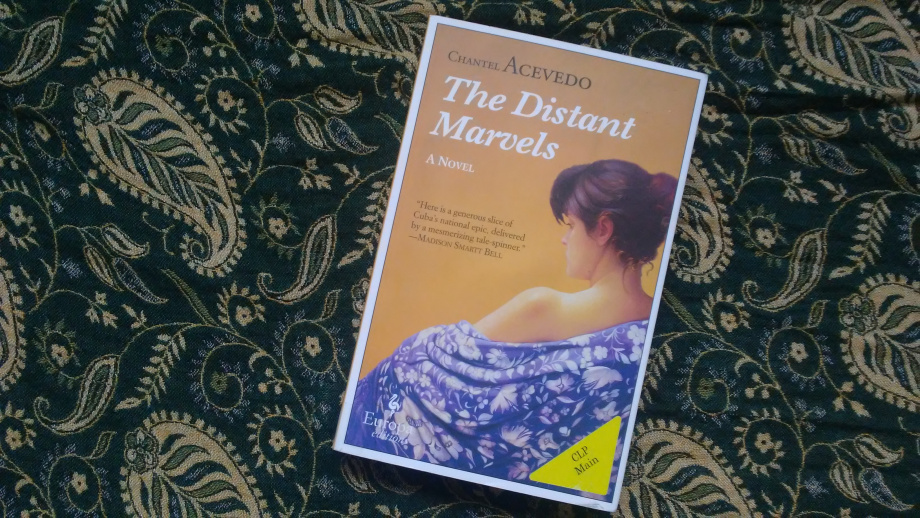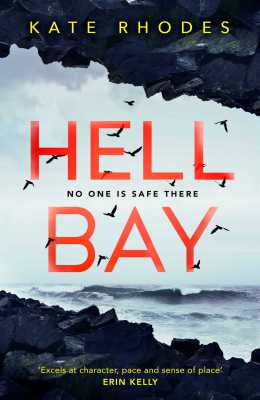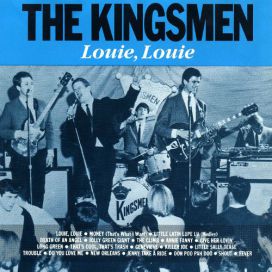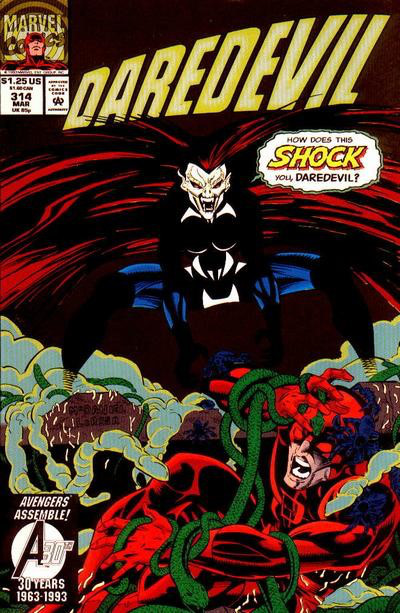I thought I would let you take a look at my recent reading list.
The Distant Marvels by Chantel Acevedo
This story is set in the Cuba of 1963, in the eye of a hurricane, and in the mind of a woman whose imagination will sweep you away.

Maria Sirena is the narrator, a storyteller who brings to listener and reader distant marvels. She has lived a long and eventful life. At the beginning of the book, she is evacuated from her village on the sea because of an approaching natural disaster. She, and other women like her, are taken to an old mansion, which the young policewoman claims is much safer than their homes. Maria Sirena decides to spend her time telling the women stories of her life, some fantastical, some terrible.
The scene shifts from the mansion to Maria’s memories, which are always vivid and tinged with melodrama. She says she remembers everything that ever happened to her, including her birth at sea, and the subsequent captivity. We learn about the Cuban war for independence in the nineteenth century, the tension between the rebels and the Spanish settlers, her doomed love affair with a young black man, and the courage that is specific to a woman who knows hardships of both body and heart.
There is a folkloric, almost fairytale-like quality that pervades this story, and who is to say we do not need a 1001 Nights reboot, Cuban style. In revealing the secrets she has guarded for so long, Maria Sirena shows us her strength and vulnerability. But like all stories, this one too comes to an end.
*
Queer: A Graphic History by Meg-John Barker and Julia Scheele

This is the love child of a graphic novel and academic text that aims to simplify for us Queerness, in its historical context and how it is expressed in present day. The legacy of the word queer is explored – the many meanings it has held over the years, how intellectuals have defined it, how we may incorporate the word and its philosophy in our own lives. The book also takes a look at how traditional models of queerness have frequently ignored race, class, disability, and other forms of privilege. It encourages us to rethink our preconceived notions about what is right or wrong, and our assumption that sexuality and gender are binary.
At times, the text feels dense, and I’ll admit I didn’t understand all of it. But the book succeeds in working as a primer. It even provides a list of resources at the end if we’re interested in further reading. The artwork, of course, was wonderful.
*
Palestine by Joe Sacco

Joe Sacco spent some time in Palestine in 1991-92 as an observer, trying to get out of this experience some stories about what it is like for Palestinians living in occupied territory. Palestine is a graphic novel that is also comics journalism and a personal narrative.
We are introduced to many characters: women who’ve lost all the men in their family, wounded children, teenagers fighting for the cause, soldiers, tortured prisoners, and even a couple of Israeli women who hold conflicting opinions about their nation’s activities. We see the life in refugee camps, the squalor and dirt. We also see how this doesn’t stop the inhabitants from being hospitable, plying guests with sugary tea and an assortment of snacks, to go with their gruesome stories. The visuals are rich in detail, sometimes too much so, that I had to look away.
I was unable to read more than a few pages at once, in spite of the straightforward tone the author uses, and the surprising lack of sentimentality. He presents to us without frills the story of a people without a land, in all of its tragic, complex, and unjust dimensions.
Advertisements Share this:




